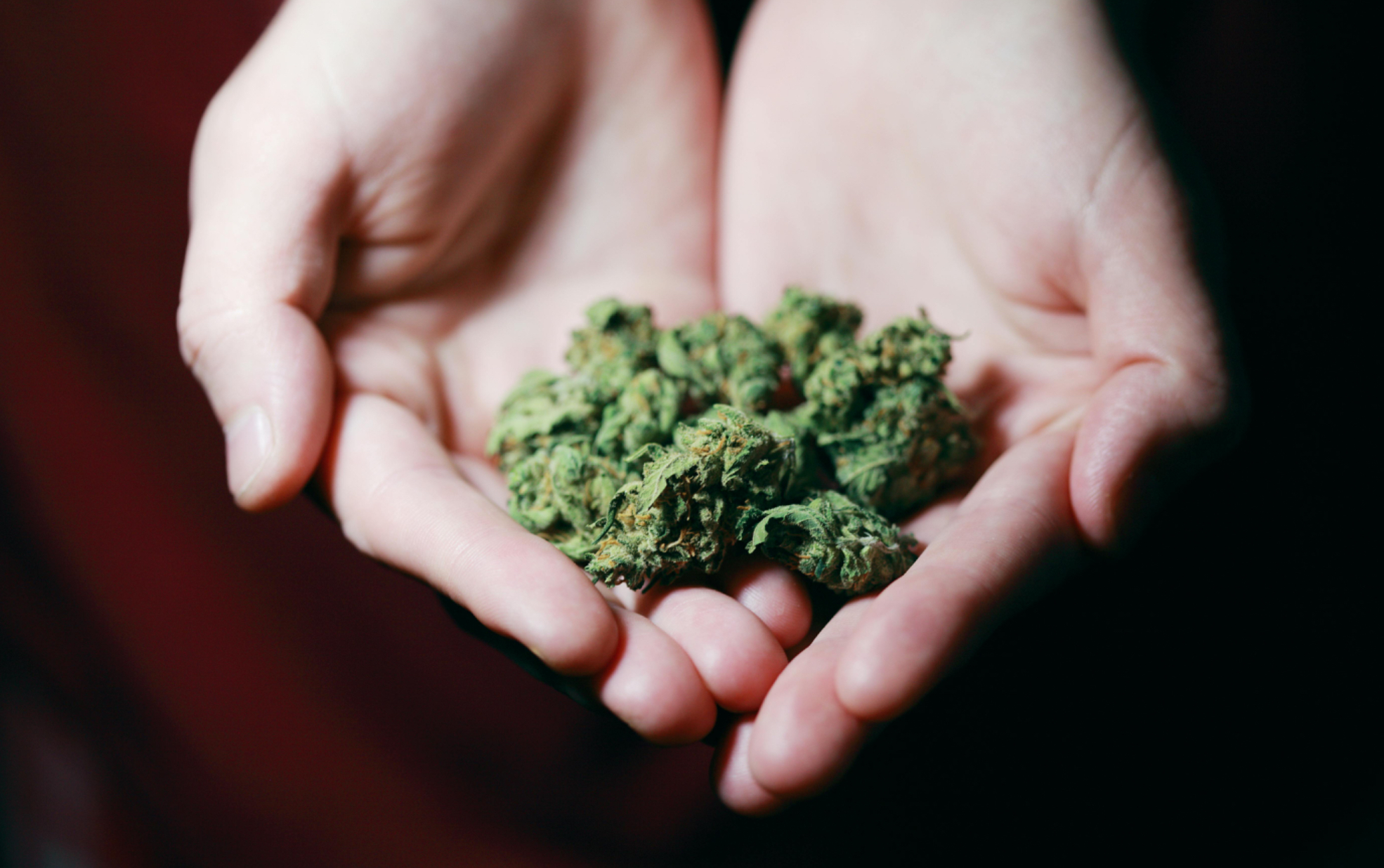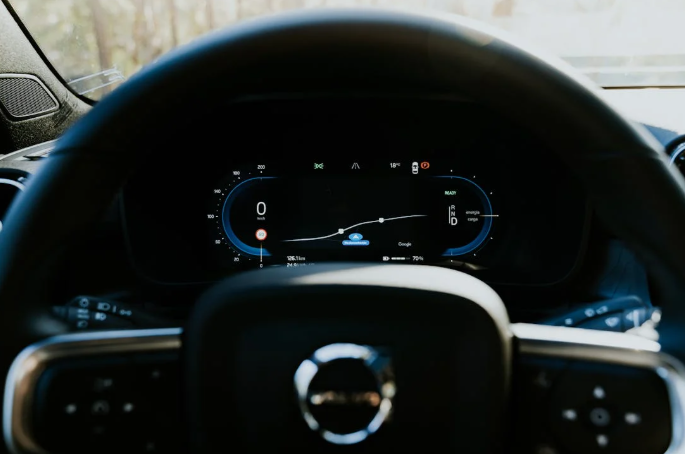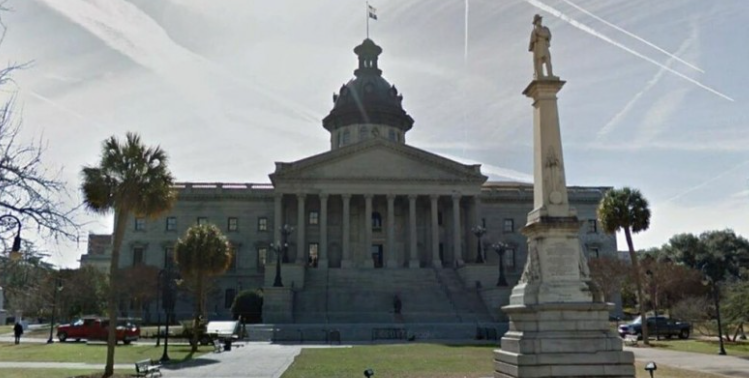In a significant shift for marijuana regulations in North Carolina, recreational cannabis sales are now legal on tribal lands in the state, expanding access to non-tribal members. Previously, marijuana was only available to members of the Eastern Band of Cherokee Indians on their land in western North Carolina, but the Qualla Boundary, a reservation in the Great Smoky Mountains, has now opened its doors to the public for recreational marijuana purchases.
This landmark decision means that while marijuana remains illegal statewide, visitors to the Qualla Boundary—regardless of tribal affiliation—can legally buy cannabis products for recreational use. This move makes the reservation the first and only place in North Carolina where recreational marijuana sales are permitted, even though the drug is still illegal in the rest of the state.
The decision by the Eastern Band of Cherokee Indians follows the tribe’s 2021 vote to legalize medical marijuana and a more recent expansion into recreational use. Tribal leadership has indicated that marijuana sales are seen as an opportunity for economic growth on the reservation, benefiting from tourism and local demand.
The state of North Carolina has not legalized marijuana for either medical or recreational use, making this development on tribal land even more notable. The divergence between state law and tribal policy highlights the complex relationship between Native American sovereignty and state jurisdiction. While North Carolina law enforcement has no jurisdiction on the reservation, concerns remain about how state authorities will handle cannabis possession outside tribal lands.
The Eastern Band of Cherokee Indians has put in place strict regulations governing the sale and consumption of marijuana on the Qualla Boundary, including limits on purchase amounts and age restrictions. Adults 21 and older are eligible to purchase cannabis, and the tribe has established dispensaries to manage the legal sales.
Despite these controls, the change has sparked controversy within North Carolina. Some state officials and lawmakers are apprehensive about the potential impact of legalized marijuana sales within the state’s borders, even if confined to tribal land. However, supporters of legalization point to potential economic benefits and the tribe’s right to self-governance.
As marijuana sales take off on the Qualla Boundary, many are watching closely to see how this new development unfolds and whether it could influence broader marijuana legalization efforts in North Carolina in the future.










